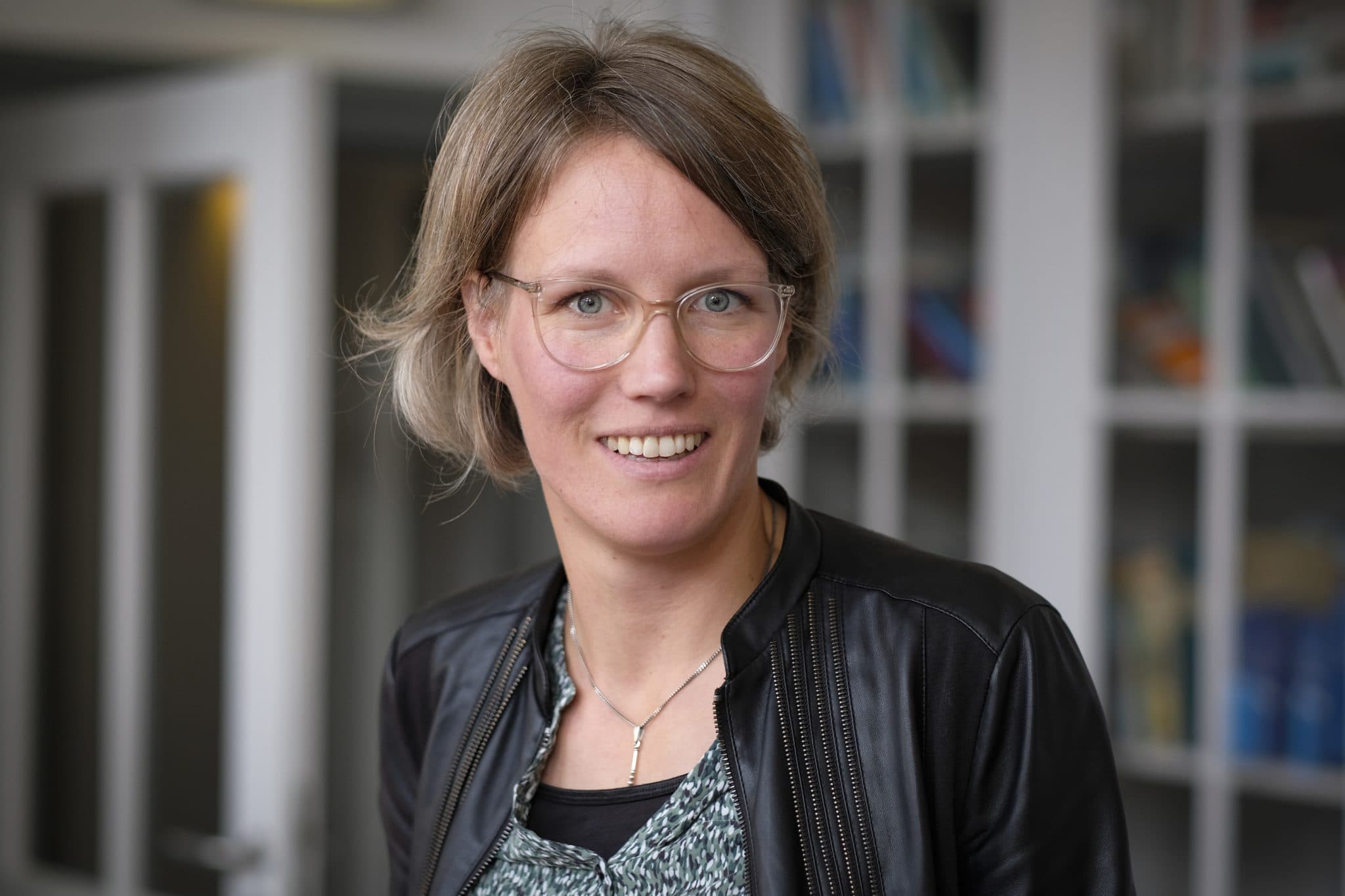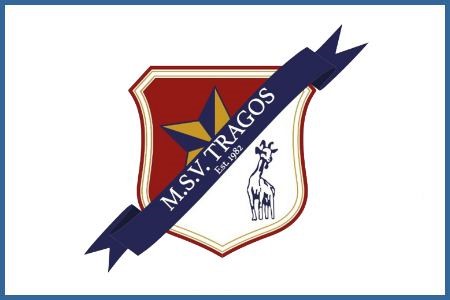Who calls the shots in Europe?
EU leaders hope the Conference on the Future of Europe, a wide-ranging programme of work focused on EU reform, will point the EU in the right direction for years to come. Studio Europa Maastricht spoke with assistant professor of European political history Karin van Leeuwen. The question that should be front and centre, she believes, is fundamental: who calls the shots? “Why should the EU decide that Hungary can’t do what it wants?’
Poland’s constitutional court recently ruled that their government is free to partially ignore EU treaties. And amid the worst economic crisis since 2008, judges in Karlsruhe ruled that the European Central Bank had gone out of the bounds of the German constitution by strengthening the position of the euro. These recent rulings raise a question that has haunted the European project for decades: who decides?
“Ultimately, this is a debate about where the law ends and politics begins,” says assistant professor of European political history Karin van Leeuwen. “But the public debate presents it as a clash between Brussels and the member states.” (text continues below picture)

Karin van Leeuwen is assistant professor in European political history at Maastricht University. She researches political and legal history and was awarded her PhD for work on Dutch constitutional reform.

Who calls the shots?
Both conflicts – judges against politicians and Brussels against national capitals – overlap, says Van Leeuwen. “In both cases it is about sovereignty. Who calls the shots?”
The answer to that question is enshrined in the constitution in many European countries, says Van Leeuwen. “For example, Germany’s constitution sets out fundamental principles which take precedence over everything else, including international law.” That idea harks back to the early days of nation states, emphasises Van Leeuwen. “But now, the world – certainly Europe – looks very different.”
The tension between national law and EU rules has been one of the major pressure points in the EU since the bloc was founded, notes van Leeuwen. “Why should we listen to a European judge if our democracy wants something different? That’s a valid and frankly basic question.”
‘UM & Europe’ in the spotlight
2022 marks the 30th anniversary of the Maastricht Treaty; time to take stock of European integration. Moreover, a special conference on the future of Europe is scheduled in Maastricht from 11 to 13 February 2022. Plenty of reasons for the European university of the Netherlands to launch a new series of stories, and to publish an overview of all of our 'UM and Europe' information. Read more.
Also read
-
Healthy eating is not only good for the body, but also for the brain.
Research by Kevin Nijssen shows that elderly people who eat two handfuls of nuts every day had better memory and brain perfusion
-
A special holiday newsletter edition with the NUTRIM highlights of 2023. With these achievements we are confidently turning the page towards 2024. We thank our support and research staff and all partners for their efforts in 2023 and wish you very happy holidays.
Read the NUTRIM newsletter here


